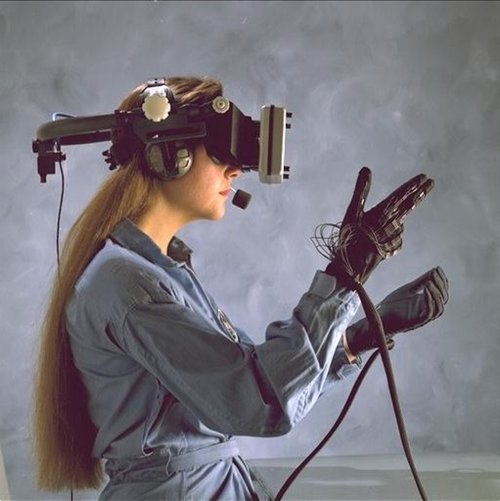In an earlier article, I talked about the fact that we learn much better when we learn with our entire body – all of our senses. I called this “embodied learning”. For most of our history, this was the dominant mode of knowledge acquisition. Today, learning is an imagination-filled sedentary activity mainly consisting of reading, writing, and passive review. But, historically, it was something that was done out of necessity for the purpose of survival in the field. Learning about the stars and constellations was done on cold windy nights in order to properly navigate back to a newly discovered watering hole, or as a way of traveling long distances without getting lost. “History” was a running set of stories about the past triumphs and foibles of one’s own kin – a running guidebook of “dos” and “do nots” instead of a set of facts and events that had to be remembered for didactic purposes.
However, In the last couple hundred years, much of our education has lacked this traditional depth. The rise of verbal and book-based education has distanced us from the subjects at hand – reducing our understanding and our motivation to learn. But, with the rise of new virtual reality (VR) technologies, we now have a chance of bringing embodied learning back to everyday life.
Let’s look at an example: History students today are pushed to build a mental images from a series of tedious and droning descriptions (“It was a rectangular structure sitting 55 feet tall, with a sloping and angled roof that dipped down and leveled off 5 feet above the ground.“). As a glance around most classrooms will show you, this doesn’t seem to be working. Building mental imagery is a hard business and words are ill-suited for communicating complex scenes and structures. With VR technologies, you’ll be able to see and experience these objects by exploring and interacting with three dimensional representations of the subjects at hand. In addition, you’ll be able to hear the sounds of the environment and maybe even feel the stone and sand beneath your feet. A 55 foot tall structure sounds big, but it’s hard to get a real sense of the scope and scale that’s being constructed in the earlier passage. Now, however, you’ll be able to get a real sense of what the Egyptian priesthood experienced when they walked into the pyramids, or what it felt like to live in an early 19th century tenement in New York City.
Every discipline, except for very conceptual mathematical and philosophical subjects, deals with tangible and visual subject matter. And, since about 2/3 of the brain is involved in visual processing, it seems desirable to make each subject as visual and concrete as possible — since we have such a genius for visual cognition.
Learning outside of the traditional academic disciplines can also be bolstered by VR. With the rise of affordable and small recording technologies, more of our everyday mundane and private activities will be captured. The break-ups, the arguments, the proposals, the board meetings. All of these things will be recorded at extremely high definition. These experiences can then be re-lived through a device like an Oculus. This will make it possible for us to “practice” key life and business circumstances. Have your first board meeting in a week? Experience five or ten through an Oculus. Scared of breaking up with your boyfriend or girlfriend? Live through a few with a VR unit. When you look at use cases like this, it’s also easy to see that psychological therapies, such as psychoanalysis and CBT, will also be impacted by VR.
VR can also be a great boon to the average level of wisdom present across the globe. Life is the process of gaining perspective through experience. This eventually brings calmness and wisdom. And, now, by giving young people access to a range of life experiences through the power of VR, it’s possible that we’ll be able to give the youngest in our society a bit of perspective and grounded wisdom starting at a very early age. Just imagine a future where it will be easy for young people to experience and understand, in a manner more visceral than is possible with book or video, the trials and travails of life. While VR will likely be dominated by games and X-rated activities in the early days, if we work hard to make these more noble use cases attractive and possible, they have a real chance of changing things for the better. So, after thousands of years, we come full circle – to the point where we can experience “real” life again, and gain embodied knowledge in the process.
This article originally appeared on BigThink
Image: Wikipedia





